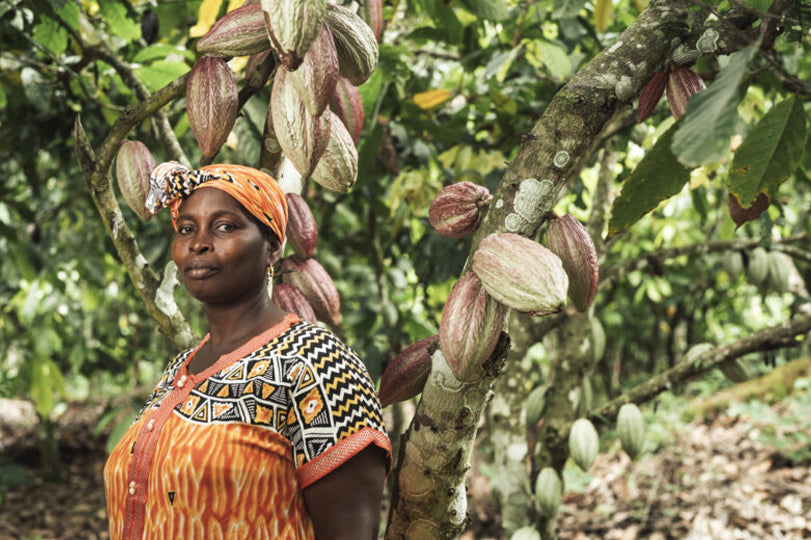Cocoa crop image; Credit: © Farmer Income Lab
The Farmer Income Lab is an organisation you would not expect within Mars Incorporated, in McLean, Virginia, USA. The family business naturally involves cocoa, mint and rice in their supply chains, producing those chocolate bars that are so invaluable on a long trek, whether to the shops or up a mountain!
Barry Parkin of the Sustainability and Health and Wellbeing Division of the company indicates that, At Mars, our ambition is that those working across our extended supply chains should earn sufficient income to maintain a decent standard of living.
So what exactly will establish this variety of the Fairtrade business?
The aim is to find practical insight and new models for improving income, with the aid of a Livelihoods Fund For Family Farming.
Collaborating with Danone, this fund will be investing €120million over the next 10 years. The UN has similar goals for sustainable development, the first of which is to eradicate poverty. Oxfam is the first of the expert members of an advisory panel to guide Mars’ initiative. Again, Barry quotes, We will be working with a number of experts to help guide the Farmer Income Lab's work, and are delighted that Oxfam has agreed to serve as one of the Lab’s advisers. We value their deep subject matter expertise across a wide range of poverty and development issues. Together, we will work to build supply chains where everyone wins.
Academic, non-profit and intergovernmental organisations are expected to help.
Four sample issues the panel and all involved will study are:
1. What are the fundamental enabling factors required to increase farmer income? (for example, in farm size)
2. What drives higher farmer adoption rates?
3. What are the roles of the different actors in improving farmer income?
4. What is the right long-term target for farming income?
On their part, research at Mars is concentrating on improving breeding, farming method and protection from pests and disease, especially in cocoa. Obviously, human rights, deforestation, incomes and socio-environmental impact are also high on the list of priorities. The company have mapped <70% of their supply chains for raw materials, engaging <700 suppliers in their countries of origin. By 2020, 100% of their materials will be from sustainable sources. The crops concerned are cocoa, black tea, coffee and even seafood and fish.










